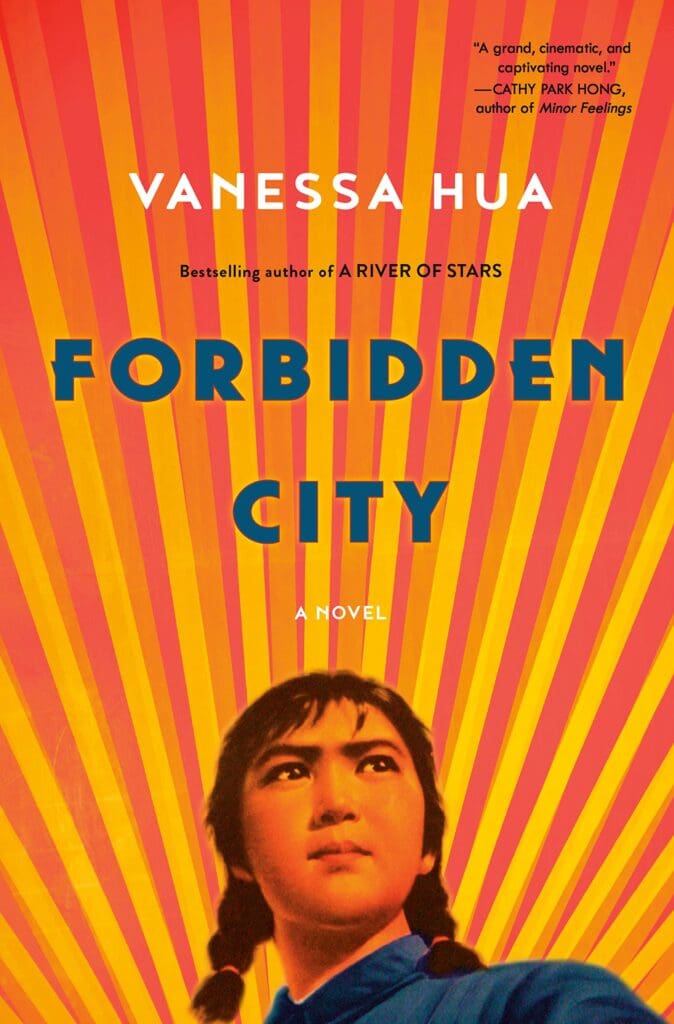It is an age-old tale: a young woman escapes the constraints of her provincial life to make her way to the big city, only to fall victim there to the machinations of an older, powerful man. But Vanessa Hua’s Forbidden City (353 pages; Ballantine Books), set in China just before the dawn of Mao’s Zedong’s Cultural Revolution, takes this trope and cunningly turns it on its head, making for one of the most compelling works of feminist and historical fiction in recent years. Unlike stereotypical ingenues, teenage Mei is morally ambiguous and neither beautiful nor beloved. She connives her way […]
‘Forbidden City’ by Vanessa Hua: Beauty in the Brokenness
by Pia Chatterjee

